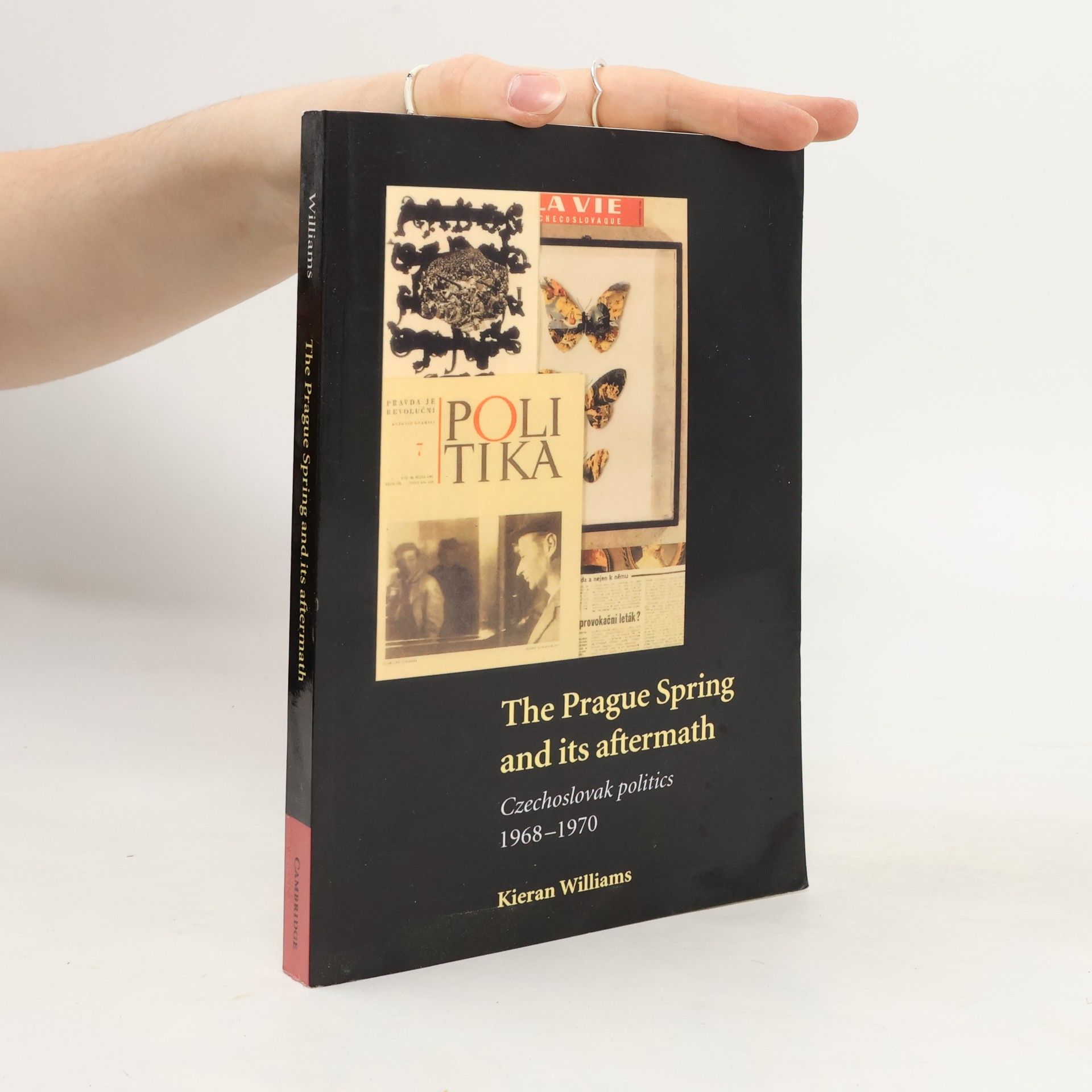The Prague Spring and its aftermath
Czechoslovak politics, 1968-1970
The Prague Spring of 1968 was among the most important episodes in post-war European politics. In this book Kieran Williams analyses the attempt at reform socialism under Alexander Dubcek using materials and sources which have become available in the wake of the 1989 revolution. Drawing on declassified documents from party archives, the author readdresses important questions surrounding the Prague Spring: Why did liberalization occur? What was it intended to achieve? Why did the Soviet Union intervene with force? What was the political outcome of the invasion? What part did the reformers play in ending the experiment in reform socialism? What was the role of the security police under Dubcek? The book will provide new information for specialists as well as introductory analysis and narrative for students of East European politics and history and Soviet foreign policy.



